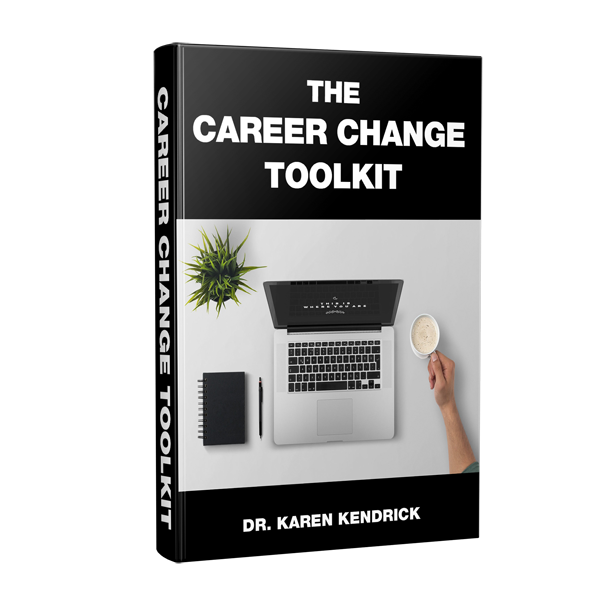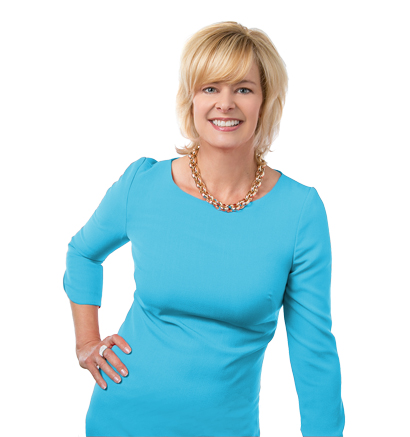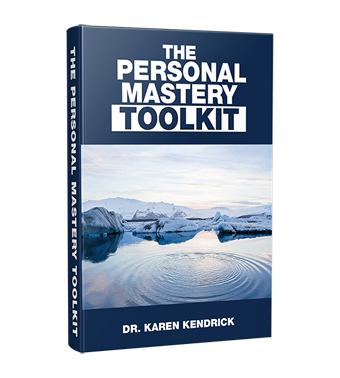HOW TO FIND YOUR PURPOSE
You hear the phrase “find your purpose” all the time. But what exactly does it mean?
While “purpose” can have many different meanings, the simplest definition is that it’s your “reason to get up in the morning.” It’s your intention to get out and accomplish something. In a more formal sense, it’s how you choose to apply your talents and energy to achieve something and/or provide a benefit.
Your purpose doesn’t have to be grand and complex, like solving world hunger. It may be as simple and straightforward as being a parent. While it’s certainly possible to feel a strong “calling” and have ambitious plans to be of service or create something, that isn’t a requirement.
For some people, finding their purpose feels easy. It’s intuitive and there doesn’t seem to be a need to question it. But for others, finding their purpose feels like an ongoing quest that’s not easily accomplished.
To clarify, finding your purpose isn’t necessarily synonymous with finding a career path or even having a paid role.
You may have multiple jobs or careers in your lifetime, and still have the same “purpose”, depending on how you choose to define it. Conversely, you may feel that every time you make a life or work transition that your “purpose” changes too. Either way, it doesn’t really matter. The point is that your “purpose” is however you choose to think about it.
Here are 5 approaches to finding your purpose, whether it’s for the long-term or short-term:
1) Ask, “When have I felt the most useful?”
When you focus on the concept of being useful, it helps you clarify both the activities and audience that might benefit. Think about the variety of life and work experiences you’ve had to date. What tasks were you doing when you felt useful? Who was involved? Was there a benefit to someone (e.g., children, stay-at-home moms, plumbers, etc.) or something (e.g., pets, the environment, small businesses, etc.). If so, what was it?
You can also ask, “What do people come to me for advice about or help with?”
Drill into the specifics until you get a sense of what types of activities and settings might give you the greatest sense of purpose. Keep in mind that there doesn’t have to be a direct or immediate benefit to humans. You can still fell a great sense of purpose helping wild animals, polluted rivers, etc.

Get a FREE copy of The Career Change Toolkit.
Jumpstart your journey to finding work you love.
2) Ask, “What do I want to be known for or remembered for?”
This method helps you get in touch with what you see as important. How do you want others to see you? Ask, “Who do I need to be or what do I need to do in order to feel proud and happy about myself?” When you tune in to what’s really important to you, it can help you get clear on personal qualities and actions that you want to apply in your life. These may then give clues about a purpose that fits with your most cherished values.
3) Ask, “Who do I want to be a hero to?”
This approach hones in on a specific audience for your efforts and helps inspire your natural instincts to be of service. Think about what types of people or causes you are concerned for, feel sorry for, or feel you can help with. What groups or problems in the world do you relate to and care about? This approach puts less emphasis on your abilities and more on your heart. While you probably will use a variety of skills when being of service to your target population or issue, this “hero” approach just helps spark an initial direction for your efforts that you can then refine further.
4) Ask, “What qualities about myself do I enjoy expressing?
Using this method, you focus less on tasks and activities and more on aspects of yourself that you want to utilize (that may or may not benefit a specific set of people).
Think about your personality characteristics, your skills, and your base of knowledge.
Make a list of your best qualities and topic areas that you have expertise in. Examples include being compassionate, having great listening skills, being good at organizing things, or understanding auto repair. It could also include a variety of artistic endeavors, such as painting, drawing, singing, writing, etc.
The point is to worry less about who benefits and think more about what parts of yourself feel good to express. Then you can decide if it is something that you want to use to help people. If so, then great. But if not, that’s ok too. You can still feel a sense of purpose getting up every morning and creating artistic works or digging in your garden.
WANT TO FAST-TRACK YOUR PATH TO FINDING WORK YOU LOVE?
Take the BRILLIANT PURPOSE™ digital course.
5) Ask, “What do I feel “called” to do?”
When applying this approach, you tune in to what your intuition, heart, or spiritual beliefs are telling you is the right thing to focus your time and energy on.
You may or may not have much current skill or natural talent in this area, but the point is that you feel an urge to follow a certain path.
In this case, your purpose may be a lifelong profession or role, or it may be something you feel compelled to do in a certain situation or emergency.
Whether you see it as “your destiny” or just some way to be of service for a period of time doesn’t really matter. Either way, the idea is just to allow yourself to access these higher parts of yourself for guidance and then follow it.
DIVE DEEPER: Get greater insights and clarity about your purpose and how to express it by doing a full inventory of your skills, abilities, and talents here.

Get a FREE copy of The Career Change Toolkit!
Jumpstart your journey to finding work you love.
IF YOU LIKED THIS CONTENT, CHECK OUT:
NEW TO KAREN?



